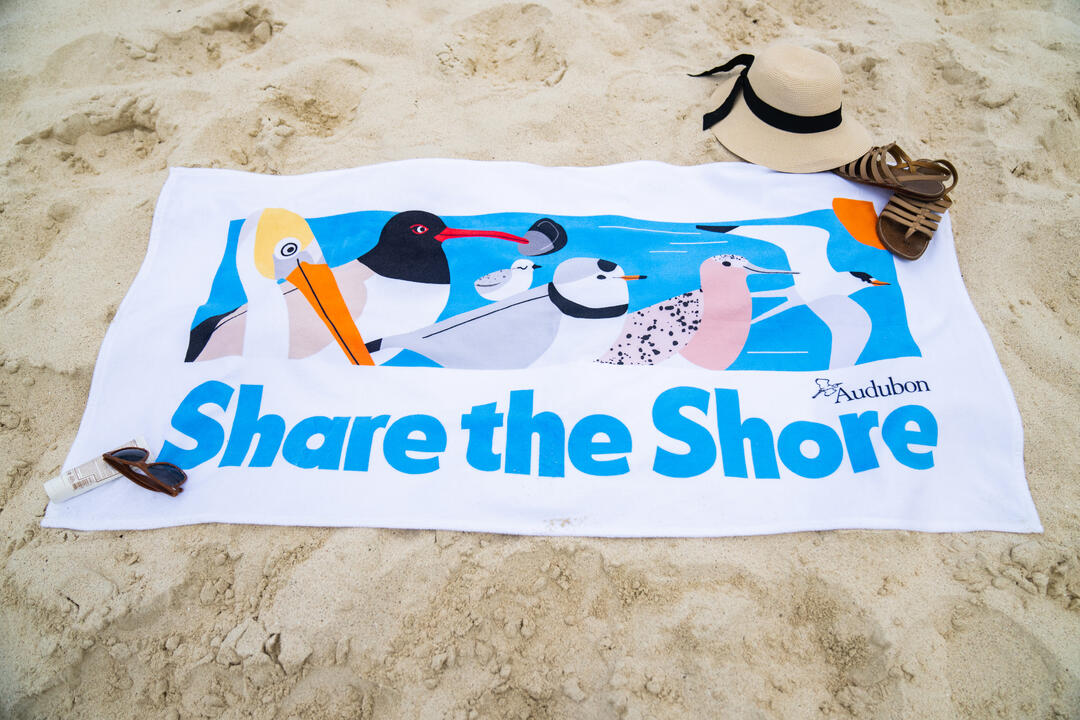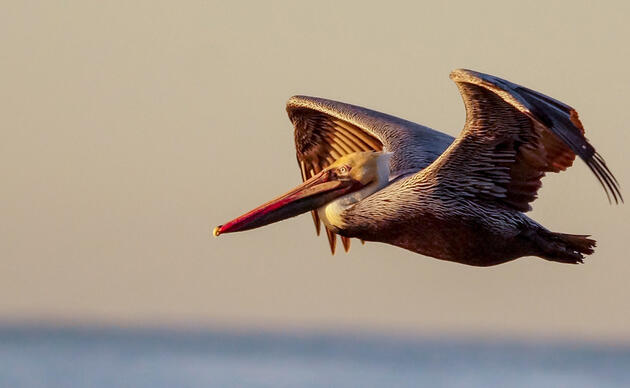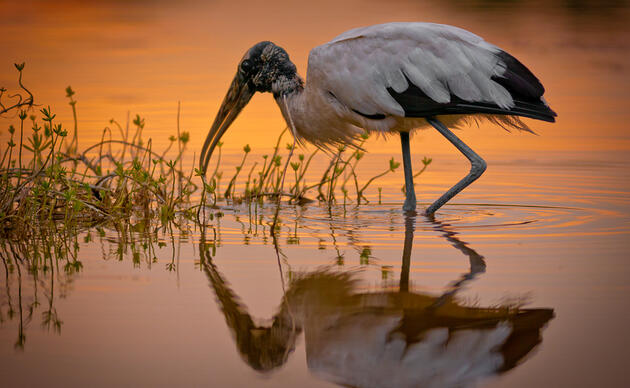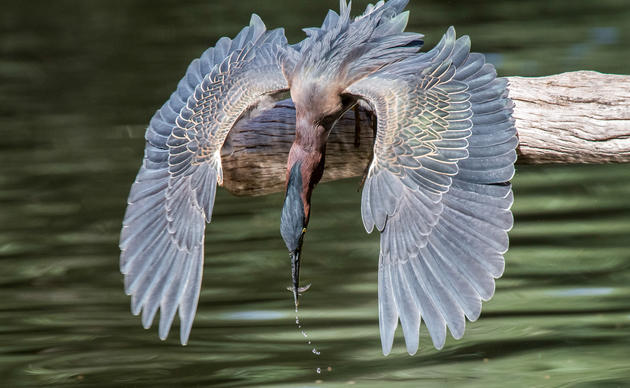As coastal birds return to beaches to nest, Audubon South Carolina is asking beachgoers to help make beaches safer for birds by avoiding their posted nesting areas.
"Our beach birds are incredible parents, constantly fending off threats, both real and perceived, to protect their eggs and chicks," said Allyssa Zebrowski, Audubon South Carolina's coastal stewardship coordinator, in a news release. "It's important for beachgoers to be aware that these birds are extremely vulnerable to human disturbance, but we can protect them by simply staying away from posted nesting areas and giving them plenty of space to raise their young."
Because of the coastal birds' impressive camouflage, beachgoers are often surprised to learn there are several threatened bird species nesting on S.C. beaches just above the high-tide line. When dogs or humans wander too close, these birds are frightened away from their nests, which they spend all summer tending and protecting. This leaves their eggs and chicks vulnerable to overheating, predation and even being crushed underfoot by unaware people.
According to Audubon, there are easy ways to share the love and #ShareTheShore with coastal birds. Remember these four tips to make our beaches safer for birds and their babies:
- When space allows, always give nesting birds at least 100 feet, or about six car lengths, of distance;
- Be sure to steer clear of roped-off areas, which indicate active nesting grounds;
- If pets are permitted on the beach, keep them leashed and away from birds and posted nesting areas; and
- When boating, pay attention to beach and island closures, which are designed to protect vulnerable bird populations, and be mindful not to land your boat too close to roped-off areas.
"Audubon coordinates a large volunteer program across the coast to educate beachgoers about keeping their distance from nesting areas, but we can't be everywhere all the time. It is so vitally important for the survival of our beach birds that folks are aware of this before they even arrive to the beach," said Nolan Schillerstrom, ASC's coastal program associate, in the release.
Across the country, Audubon's Coastal Bird Stewardship Program engages local communities to protect beach-nesting birds from disturbances, like dogs or humans getting too close. Due to compounding threats like sea-level rise and habitat loss, coastal birds are facing a crisis - seabirds around the world have decreased by 70 percent since 1950, and shorebirds in North America alone have seen an even steeper decline since 1973.
"Some people see conservation of birds and their habitat as someone else's job, but we all play an important role to ensure that these vulnerable species are protected," said Sherri Fields, director of conservation at ASC, in the release. "We encourage everyone to enjoy the holiday while also keeping an eye out for the birds and wildlife that make our coast and beaches so special."
Originally published in the Sumter Item









